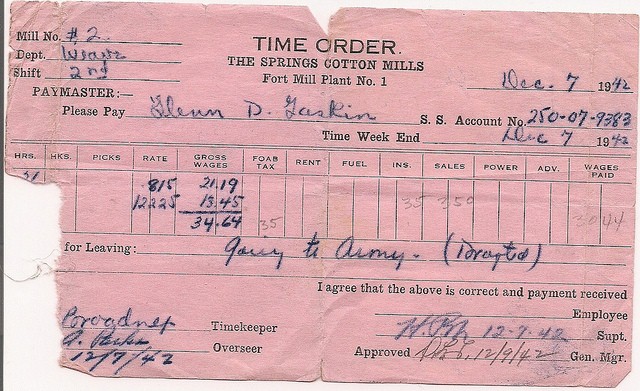In recent years, small and mid-sized businesses have been offering employee benefits at record levels. This is a recent change, as in the past, many small businesses struggled to compete with larger companies in terms of the benefits they could offer their employees. However, in today’s economy, during unprecedented times with inflation and the Great Resignation, small and mid-sized businesses can now offer better benefits packages to their employees.
The Job Market
Let’s start by understanding what the job market looks like in today’s economy. The job market has become increasingly competitive in recent years. With unemployment rates at record lows and growing demand for skilled workers, businesses of all sizes must work harder to attract and retain top talent. Offering a competitive benefits package is one way small businesses can differentiate themselves from their competitors and attract the talent they want and need. Research shows that 73% of employees would be encouraged to stay with their current employer longer if given access to more benefits options.
The Affordable Care Act (ACA)
The Affordable Care Act (ACA) has also made it easier and more affordable for small businesses to offer health insurance to their employees. The ACA is a comprehensive health care reform law enacted in 2010. The law has three primary goals, which include the following:
- Make affordable health insurance available to more individuals
- Expand the Medicaid program to cover all adults with income below 138% of the federal poverty level (FPL)
- Support innovative medical care delivery methods designed to lower the costs of health care generally
Before the ACA, many small businesses struggled to provide health insurance to their employees due to the high costs involved. However, the ACA introduced a range of tax credits and subsidies for small businesses, which has made it easier for them to offer health insurance to their employees. This has been a game-changer for many small businesses, allowing them to provide better benefits packages without breaking the bank.
Offering Benefits Is Important!
There has been a growing awareness among business owners about the importance of employee well-being. Many employers now understand that happy, healthy employees are more productive and engaged. As a result, businesses have begun investing in employee benefits programs that promote health and wellness, such as gym membership reimbursements, mental health counseling, and wellness programs. These programs not only improve employee morale but also help to reduce health care costs for the business in the long run.
The COVID-19 pandemic also highlighted the importance of employee benefits. Many businesses have had to adapt to remote work and make significant changes to their operations to keep their employees safe. In this new landscape of work, employee benefits such as paid time off (PTO), sick leave, and flexible working arrangements have become essential. Employers who have been able to provide these benefits have been able to maintain high levels of employee engagement and productivity during challenging times.
GMS Is Here To Help You Thrive
As businesses continue to recognize the importance of investing in their employees, we can expect to see even more innovative and comprehensive employee benefits programs in the future. Providing benefits not only helps attract and retain top talent but also contributes to a positive work culture and can boost productivity and morale. Benefits such as health insurance, retirement plans, and paid time off can make a significant difference in the lives of employees and their families, leading to increased job satisfaction and loyalty. While offering benefits may require an investment of time and resources, the long-term benefits for your business and employees make it a smart and necessary decision. As small businesses begin offering employee benefits at record levels, it’s time to make a change. Partner with a professional employer organization (PEO), such as GMS, who will provide you with a competitive benefits package. GMS changes the approach to increase affordable options and give your employees access to small business health insurance. We give small businesses the buying power of a larger corporation. In turn, we’re able to offer the following:
- Financial security
- Flexible benefit options
- Unprecedented customer service experience
GMS’ Benefits Account Manager Becky Fink said it best, “When employers offer benefits, they see greater employee retention. GMS enables clients to offer their employees a wide selection of benefit options. Our benefits experts help clients manage enrollment, payroll deductions, and renewals, so offering employee benefits is a breeze.”
Get a quote from us today to gain a competitive edge in today’s labor market.









